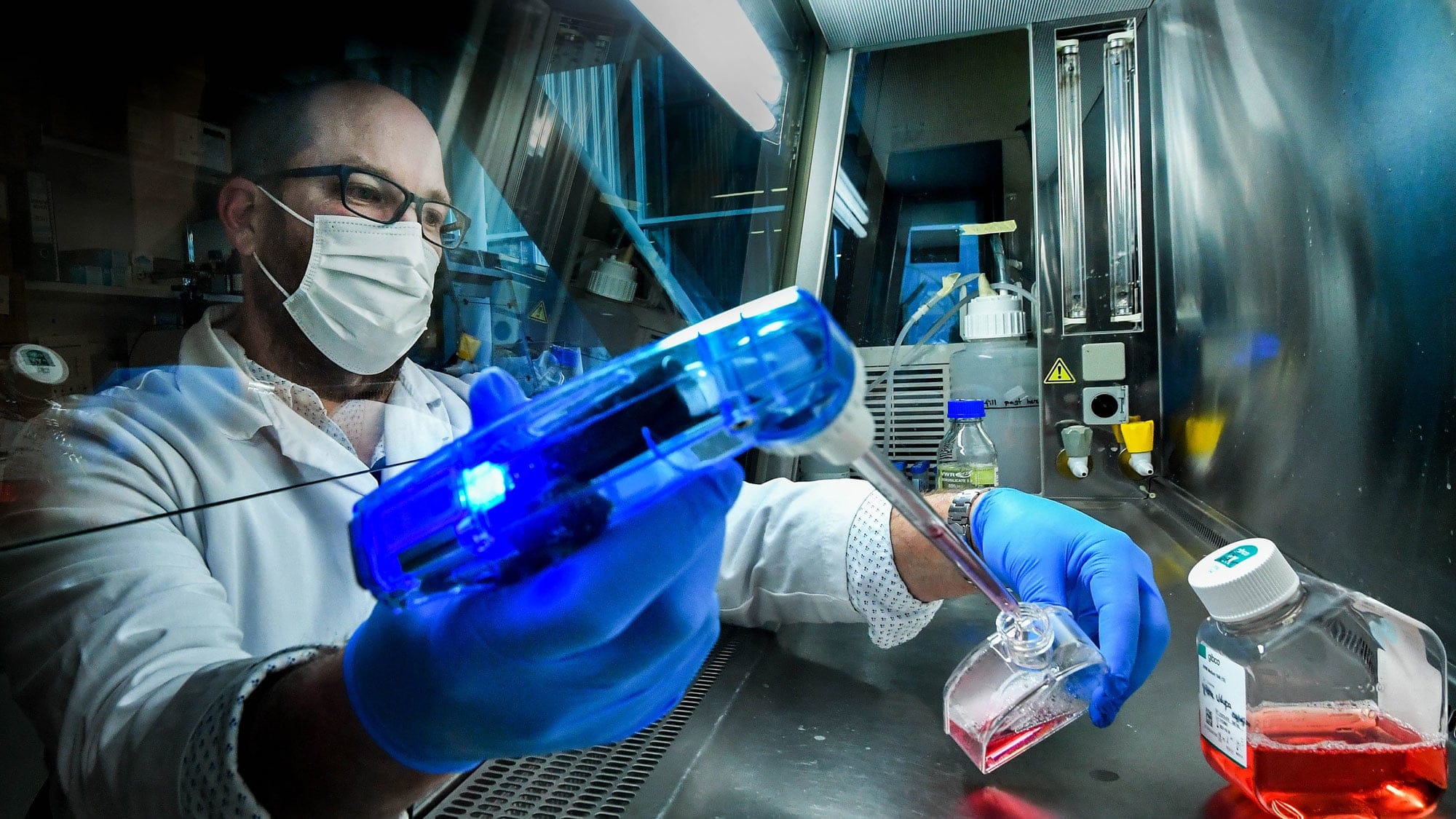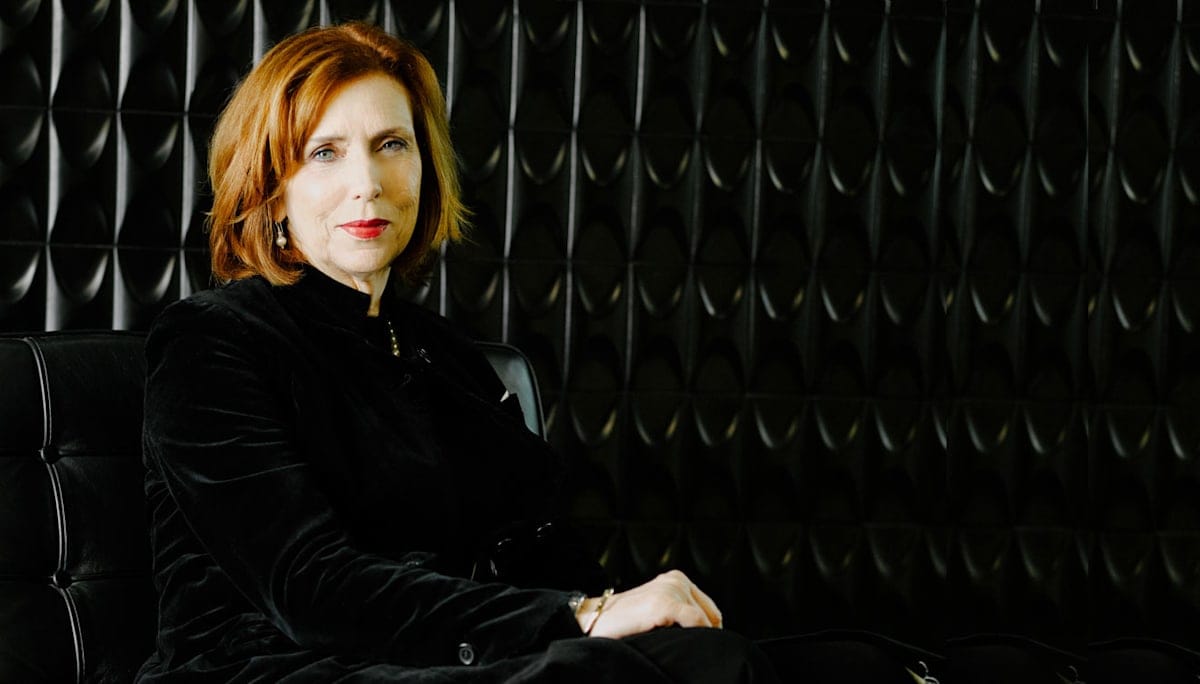
By Professor Margaret Gardner AC, President and Vice-Chancellor
As I reflect on the end of last year, I recall farewelling 2019 with a sense of pride, excitement and optimism. Pride in all that Monash had achieved, excitement for what the next 12 months would bring, and optimism that we could excel even further through our education and research, and that it will have a positive impact in future.
But 2020 has not turned out as we had planned. The year began with the devastation of the Australian bushfire season, which we all knew would be difficult, but the extent and severity was beyond anything we could imagine. And we did not expect a global pandemic, nor did we predict the impact COVID-19 would have on all of us – both in Australia and overseas. I extend my sympathy to any of you who have lost a loved one to this virus, or have dealt with its more serious health effects.
Ongoing restrictions and various lockdown periods have prevented us from living our lives as we normally would. As a university, we have spent much of the year adapting and adjusting our teaching and learning, and other operations, to ensure we can continue delivering high-quality education, research and services while safeguarding the ongoing health and safety of our community.
As for many organisations, 2020 and 2021 will be among the worst economic circumstances Australian universities have ever faced. In this decline, we are shrinking and have lost a large proportion of everything we had to support education and research. Our loss will be felt throughout the Australian community, because for every dollar we lose, the community will lose two dollars that, through us, supported employment in other sectors.
The expertise that we nurture and celebrate in universities has made a vital contribution to the public health of Australia, and our road to recovery.
We know the impact COVID-19 has had on Monash, on the higher education sector and on the Australian economy will be felt for years to come.
However, despite these unprecedented times, COVID-19 has taught us much and provided us with an opportunity for innovation and development. It has forced us to examine our current ways of doing, and to consider what – from the changes we have had to make – could continue into the future. Throughout the year, we have shown, again and again, we can respond quickly to changing circumstances and transform our operations as necessary.
We know not to rebuild the old; rather, we must now build the new.
Monash researchers have been driving many transformative responses to COVID-19. Some of these include developing candidate vaccines and tests to detect infection risk, testing new drug candidates to deal with the virus, and testing the viability of new therapeutic pathways. Much of this has been taking existing research capacity and ideas into new fields.

We have guided policy discussion to inform government and the community, and built public awareness of how COVID-19 affects the most vulnerable, including victims of domestic and family violence.
In a world first, research led by Monash University found that positive COVID-19 cases could be detected in about 20 minutes using blood samples. This finding will assist governments and health experts with contact tracing to limit community spread.
WATCH: Professor Stephen Turner in A Different Lens LIVE on Coronavirus (COVID-19) – Where to next?
Our education has experimented with new forms of assessing students, building methods of virtual engagement between lecturers and tutors and among students on a grand scale. This is not innovation for a class of 50 or even 100, but changes in the whole way we have taught everything from music performance through to anatomy classes.
We do not aspire to replace the rich personal experiences of working together in physical spaces with others and with physical materials – but from this experience, we have refined what makes a difference to learning and how we might best reshape our education for the future. It has focused us on what in-person experiences are vital and how they should be enhanced.
The expertise that we nurture and celebrate in universities has made a vital contribution to the public health of Australia, and our road to recovery. The reshaping and recovery of the nation and the world is more uncertain, and will require new ways of rebuilding society. We need to be strong to contribute to the path forward through our graduates and our research.
We are also using our creativity to prevent cutting the flesh from research, education and the services that support them, as we prepare to deal with further contraction in funding in 2021. But we have already proven the depth of Monash’s capabilities in the face of these extremely difficult circumstances, and I have confidence that we are capable of an innovative turnaround. This is the conversation we will have together, and I welcome you, our alumni community, to join the discussion towards our ongoing road to recovery.
Despite this global crisis, we began 2020 with a determination to provide for our communities a better, brighter future with access to higher education, and research to harness the best of ideas and solutions. This was, after all, the promise on which Monash was founded.
There has never been a reason to dilute the aspirations that drove the University’s formation, and now there are even more important reasons to be bolder in our plans and stronger in our resolve.
The depth and quality of our research and education, the innovation we can create through our research or through our graduates, and the culture we can build that steers us away from attitudes and behaviours that engender the ‘tragedy of the commons’ remain our responsibility and our contribution to society.
Alumni Connections for Change
As the widespread impact of the COVID-19 pandemic hit, traditional alumni engagement activities were halted, including our wonderful graduation ceremonies, at which we would usually congratulate and welcome new graduates.
The Connections for Change program was launched to help alumni to adapt and flourish, both personally and professionally, during the pandemic. Many of our senior executive alumni recorded video interviews responding to questions from alumni in relation to the pandemic and how it was impacting them, and potentially their future. Content ranged from expert responses and LinkedIn Live Q&A sessions, through to tactical survival tips and tools, and group mentoring sessions with alumni global leaders.
Alumni also shared with us their personal experiences of lockdown and the pandemic from around the world. These ‘alumni postcards’, written by alumni, helped our global community stay connected and shone a light on some very personal journeys.
We look forward to sharing more alumni postcards and continuing to build connections.
(Banner photo credit: Joe Armao/The Age)





